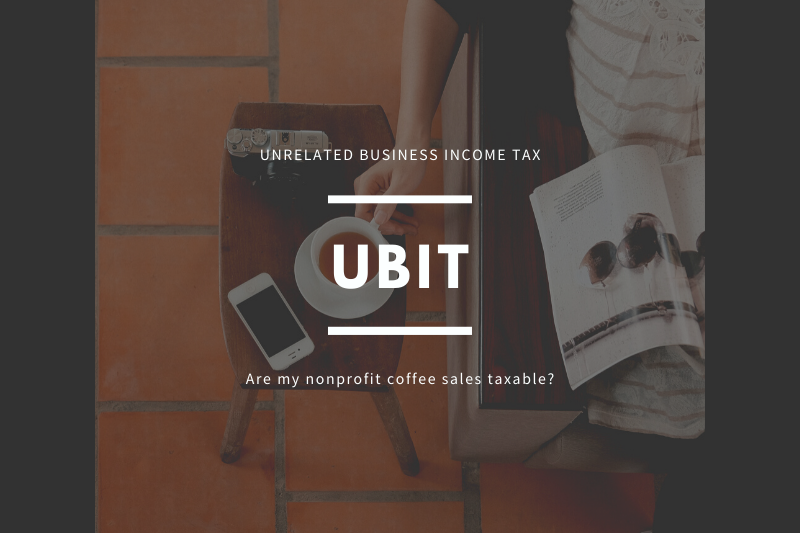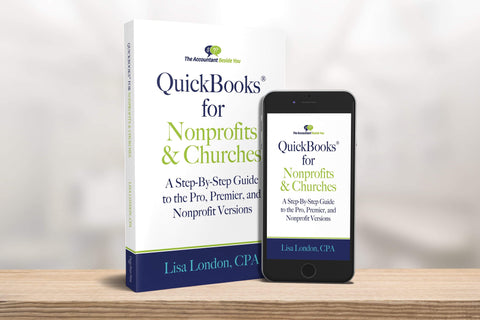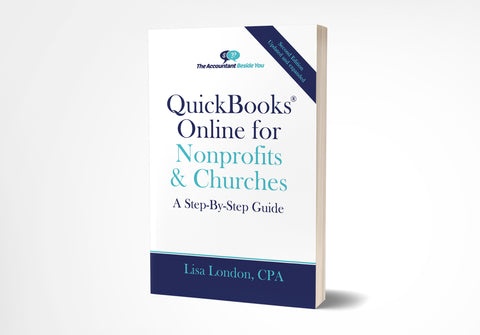
What are Unrelated Business Income Taxes (UBIT)?
In my opinion as a CPA, one of the most confusing IRS regulations for nonprofits is the concept of unrelated business income. You have applied for your 501(c)3 status, so you should be exempt from taxes, right? Not necessarily!
When you applied for your exemption, you told the IRS what charitable or educational purpose your organization had. The IRS then granted you tax relief for activities related to that mission.
They did not, however, give you tax relief for income not substantially related to your designated purpose.
This is where it gets a little confusing. A nonprofit isn’t taxed on the income coming from donations, membership dues, etc. that allow you to fulfill your charitable or educational mission.
To determine if something is unrelated business income (UBI) for the IRS, you must see if all three of the following requirements are met:
It may be taxed on unrelated business income (UBI).
- “It is a trade or business,
- It is regularly carried on, and
- It is not substantially related” to the stated purpose of the organization. (IRS Publication 598)
Wondering what that means for your organization? Let me give you some examples.
Examples of Unrelated Business Income
- Perhaps you sell advertising space in your monthly newsletter. It probably is taxable. Why? It meets all three of the above requirements, e.g., it is a business, regularly carried on. Although this revenue is useful to your mission, it does not fulfill your education mission or the charitable requirement of your organization. It is therefore required to be taxed at the current corporate rate.
- How about selling coffee? This one is not as obvious. Let’s look at the three requirements.
- Selling coffee is a business.
- If sold at every meeting, it would be considered regularly carried on, and
- Unless your charity related to helping coffee growers learn to market coffee, it probably is not related to your exempt purpose.
In this case, the net income from the sales of coffee would be taxable. But (because with IRS regulations, there are always exceptions), if there were a donation jar, it would not meet the first requirement (trade or business).
If it is run primarily with volunteers and the intent is to use the profits to fund your mission, then it would not be taxable.
- Another example is renting out your organization’s parking lot. This also does not have a cut and dry answer. Let’s look at the three requirements again.
- You are receiving cash in exchange for a product (the parking lot), so it is a business
- If it is rented to a local business that uses it every weekday or every weekend, it may be taxable. If a festival came to town and just needed it once, it would not be considered regularly carried on.
- It is unlikely to be related to your exempt purpose.
So as you can see, whether this would be considered unrelated business income would be determined by the regularity of the event.
Additionally, if you do not bring in more than $1000 (as of 2020) on unrelated business income, you do not have to file the IRS Form 990 T. The $1000 threshold is GROSS income, not net income (i.e., what is left after expenses).
If you determine you have unrelated business income, you will need to complete the Form 990-T Exempt Organization Business Income Tax Return.
For a more detailed discussion, including allowed exceptions and step-by-step instructions on completing the 990t, check out my latest book, Nonprofit Accounting for Volunteers, Treasurers, and Bookkeepers.




